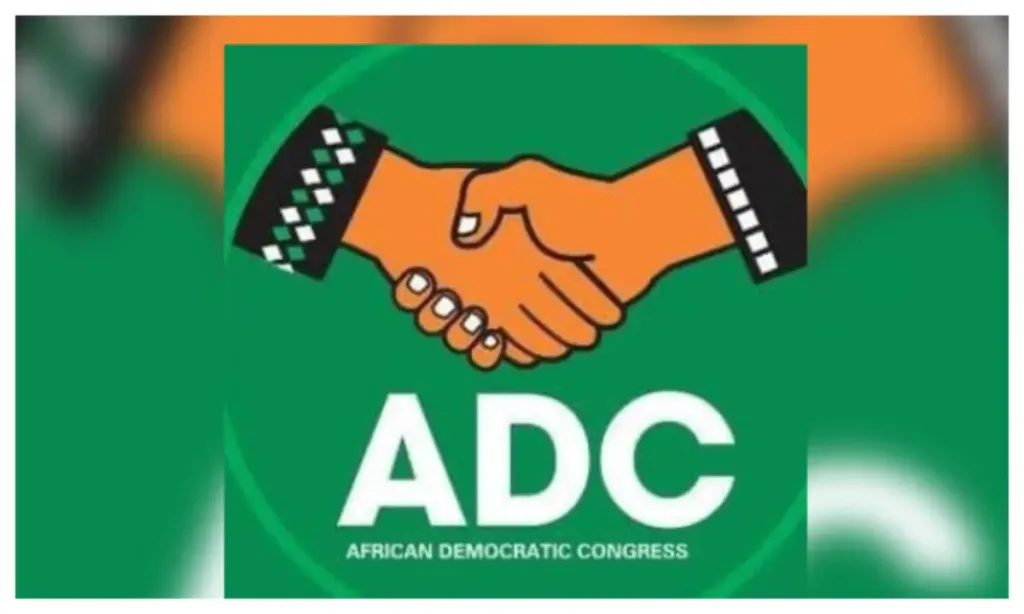The African Democratic Congress (ADC) in Abia State has endorsed recent leadership changes at the national level, including the appointment of David Mark as interim National Chairman, while pushing ahead with efforts to consolidate opposition forces ahead of Nigeria’s 2027 elections. The announcement followed a strategic coalition meeting in Umuahia on Saturday, attended by ADC members and representatives from allied political parties.
A communiqué issued after the gathering confirmed the interim National Working Committee’s recognition of Iyke Nwoke as Abia State’s interim chairman. Former ADC governorship candidate Bishop Sunday Onuoha, Nwoke, and other top officials signed the document, which also named Okey Ezeala as interim State Secretary. The statement praised Onuoha’s role in fostering unity but criticized politicians who allegedly maintain affiliations with other parties while claiming ADC coalition membership. “The only valid means of joining the coalition ADC is by registering at the ward level and identifying with the interim leadership, not grandstanding or social media speculation,” the communiqué emphasized.
Nwoke, addressing reporters at the event, expressed optimism about the coalition’s growth, stating that Abia politicians are “queuing up” to join the ADC. He denied factional disputes within the state chapter, asserting that ongoing collaboration between opposition groups would position the party to secure key electoral victories in 2027. “These coalition talks are paving the way for the ADC to emerge as a dominant force in Abia’s political landscape,” he said.
The developments highlight the ADC’s efforts to strengthen its foothold in southeastern Nigeria amid broader realignments within the country’s opposition ranks. By enforcing stricter membership standards and aligning with like-minded groups, the party aims to present a unified front against dominant political blocs. Analysts note that such coalitions could reshape local power dynamics, particularly as Abia and neighboring states gear up for future polls.
However, challenges remain, including persuading established politicians to fully disengage from previous affiliations. The ADC’s insistence on grassroots registration reflects its strategy to build legitimacy from the ground up, countering perceptions of political opportunism. As coalition talks progress, the party’s ability to balance internal cohesion with external partnerships will likely determine its viability as a credible alternative for voters.
